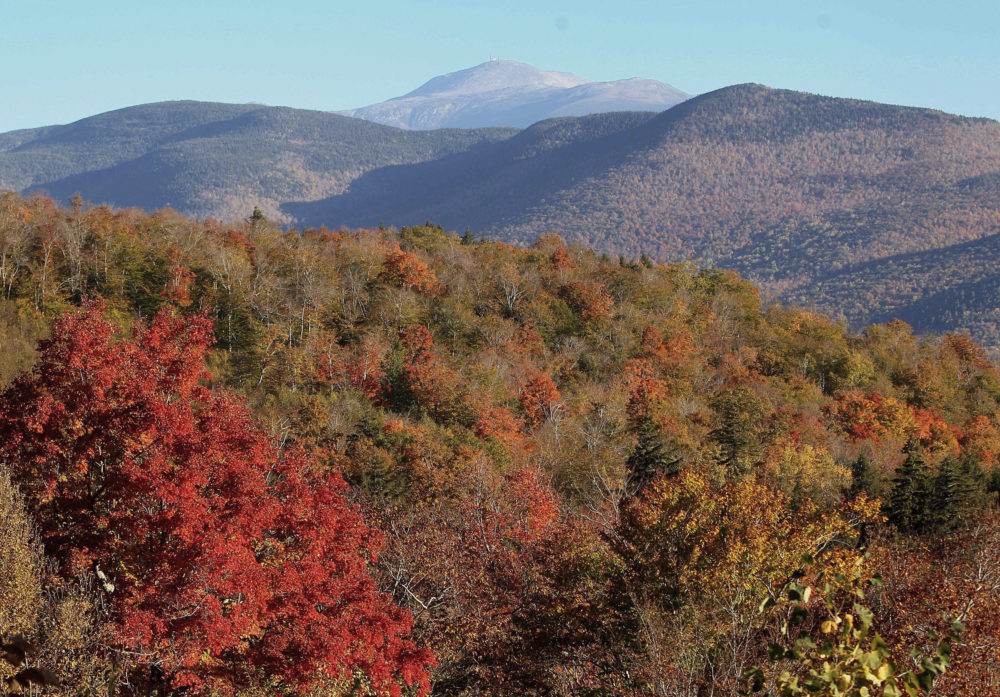Advertisement
As Hikers Flock To The White Mountains, Search And Rescue Missions Are On The Rise
Resume
Search and rescue missions in the White Mountains are rising. Over the past decade, the New Hampshire Department of Fish and Game has tracked a steady increase in rescue calls, which now average over 200 each year.
Chief of Law Enforcement Colonel Kevin Jordan spoke with WBUR's Weekend Edition about that rise, and how hikers can stay safe in the mountains.
The key thing, he said, is to be prepared, and pay attention to the department's list of 10 hiking essentials.
Interview Highlights
On why he thinks there's been an increase in rescue calls
"The vast majority of our incidents that are non-injury-related ... comes from inexperience or lack of knowledge. I also think there is a significant lack of knowledge of weather changes and conditions above treeline. People will stand at the base of the trail head where the temperature is 45 to 50 degrees. They're dressed accordingly for that and then they go above treeline to find there's still snow and ice and temperatures in the 30s or 20s. So very quickly they realize they're in trouble and they make that call."
On the toll these operations take on search and rescue crews
"The biggest and most obvious one is a physical toll, but there's also a mental toll. [For example] going up and finding a lost child who unfortunately was deceased, finding a family that got themselves into trouble and they lost a family member. So there's an emotional toll that goes with this. And there's also a fiscal challenge for the state of New Hampshire because we don't have an adequate funding source to keep up with the expenses... these missions can run anywhere from $500 to $50,000."
On what can be done to decrease the number of rescue operations
"We need to do a better job at education. We have volunteers now at the trail heads that stop people as they approach... we kind of give them a little heads-up about how difficult the trail is. And I have no way of measuring how much of that is preventing search and rescue calls, but I got to believe it's helping. And I just think that public awareness is our best friend to get that message out."
On what people need to be better prepared for hikes
"Extra clothing, twice the water that you think you would need... a flashlight. You should not leave the side of the road without a flashlight and you're going to be fine... unless you hit extreme weather. I would not discourage them from going. I think it's great that people go. I want them outside... but I want them out and safe. We want them dressed appropriately. We want them to have just a few of those emergency pieces of equipment even if they never need it. And i can assure you if they get themselves into trouble, having a flashlight will be a godsend to them."
This segment aired on October 13, 2019.

